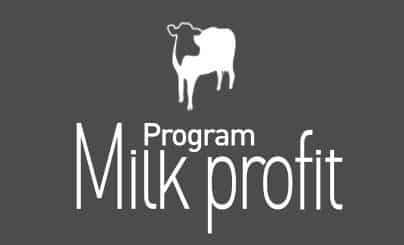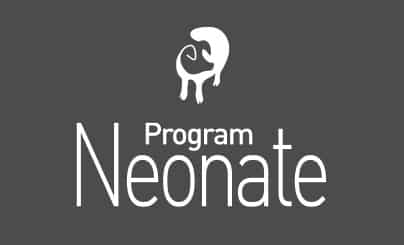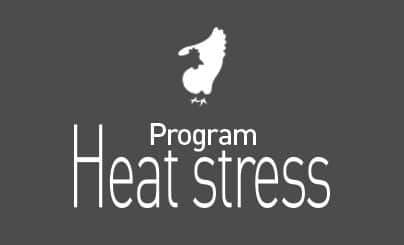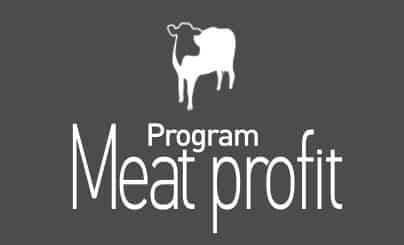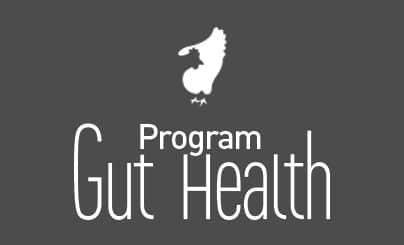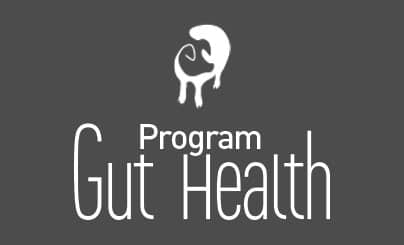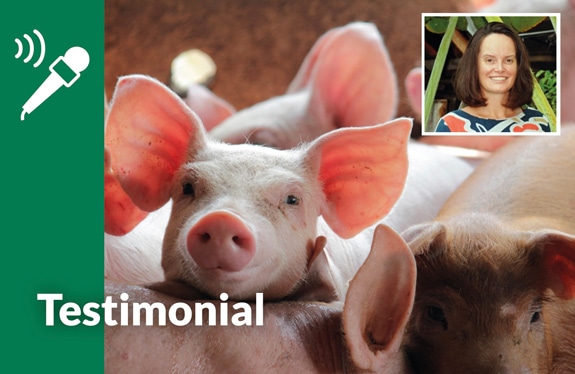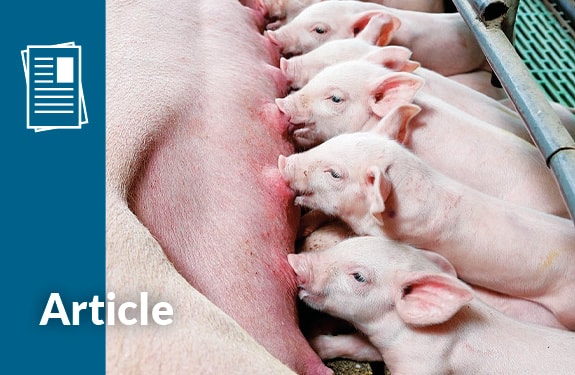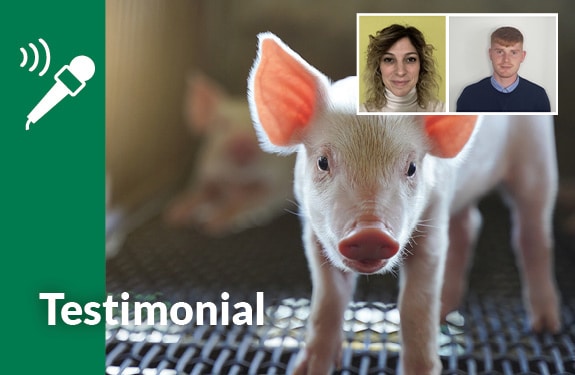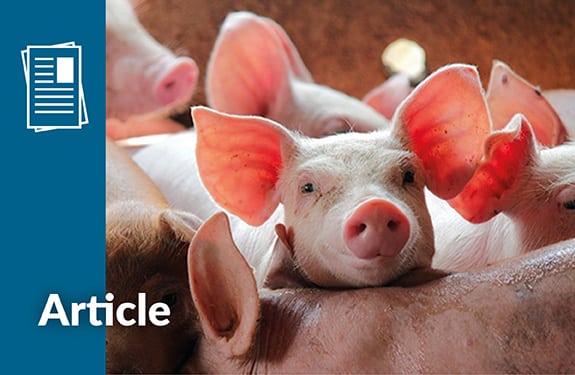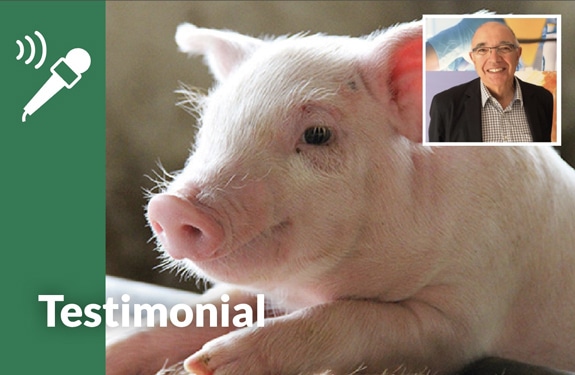Swine Program Heat Stress
The thermal challenge in pigs
When the heat is rising, pigs are trying to keep cool and comfortable. However, because they cannot sweat, pigs struggle to dissipate the large amount of metabolic heat they produce. They suffer then from a condition called heat stress. Ambient temperature and humidity are the main environmental drivers of heat stress. Their combined impact on the pigs is measured through an index called the temperature and humidity index (THI). A higher THI indicates higher heat stress with increasing negative consequences on the animal performance and welfare. As a rule of thumb, as soon as the temperature exceeds 22-24°C, pigs are suffering from heat stress. Global warming combined with the development of the swine production in tropical countries alongside the higher metabolic heat produced by modern breeds makes heat stress mitigation strategies become a major intervention to sustain productivity of pig farming.

Heat stress ruins profit in the breeding herd
Heat stress negatively impacts fertility including increased days from weaning to estrus, decreased conception rates, increased numbers of irregular returns to estrus, reduced litter size, ultimately raising the number of non-productive days on the farm and contributing to a reduced PSY (number of pigs weaned per sow per year) during summer. More sows are then to be mated for maintaining the supply of finisher pigs to the market.
At temperatures above their upper critical temperatures, lactating sows decrease their feed intake and milk production to decrease their internal heat production. The milk production will be done at the cost of body reserves of the sows and colostrum quality will also be impacted with lower immunoglobulin content. Consequently, the growth of piglets is negatively impacted.
Gut integrity under pressure
Gut integrity under pressure As soon as the temperature rises, the pig reduces its feed intake and blood is redistributed to the periphery to increase heat dissipation. In the gastrointestinal tract, the redirection in blood flow compromises the intestinal epithelial barrier integrity which often results in a leaky gut. This allows dietary antigens transfer or pathogen infiltration. Cellular oxidative stress in enterocytes is a major contributor to this leaky gut condition.
Enhancing sow condition and milk production during heat stress
Supporting feed intake and helping increase its digestibility can contribute to alleviate the negative impact of heat stress on sow performance. Feeding yeast probiotic Actisaf® Sc47 modulates the microbiota populations, helping digest the dietary fiber fraction. The additional energy extracted from feed helps breeders reduce their negative energy balance leading to a more preserved body condition while sustaining a high production of good quality milk for piglets.
Giving a good start in life
Immunoglobulins in the first milk of sows (colostrum) are crucial for the survival and health of newborn piglets. They provide passive immunity, transferring antibodies to the piglets, who are born without their own immune protection. In the era of hyperprolific sows, the immunoglobulin level in colostrum is already a limiting factor and heat stress can exacerbate the problem. Actisaf® Sc47 has been proven to increase the colostrum quality by increasing IgG level that has been effectively transferred to suckling piglets. Actisaf® Sc47 contributes to a good start in life to piglets by reinforcing their defenses against pathogens.
Charging the anti-oxidative capacity
Selsaf® improves the natural resistance to oxidative stress. Selsaf® helps the body against oxidative stress which is detrimental to animal performance, both in the short term thanks to the selenocysteine and in the long-term due to the selenomethionine


















